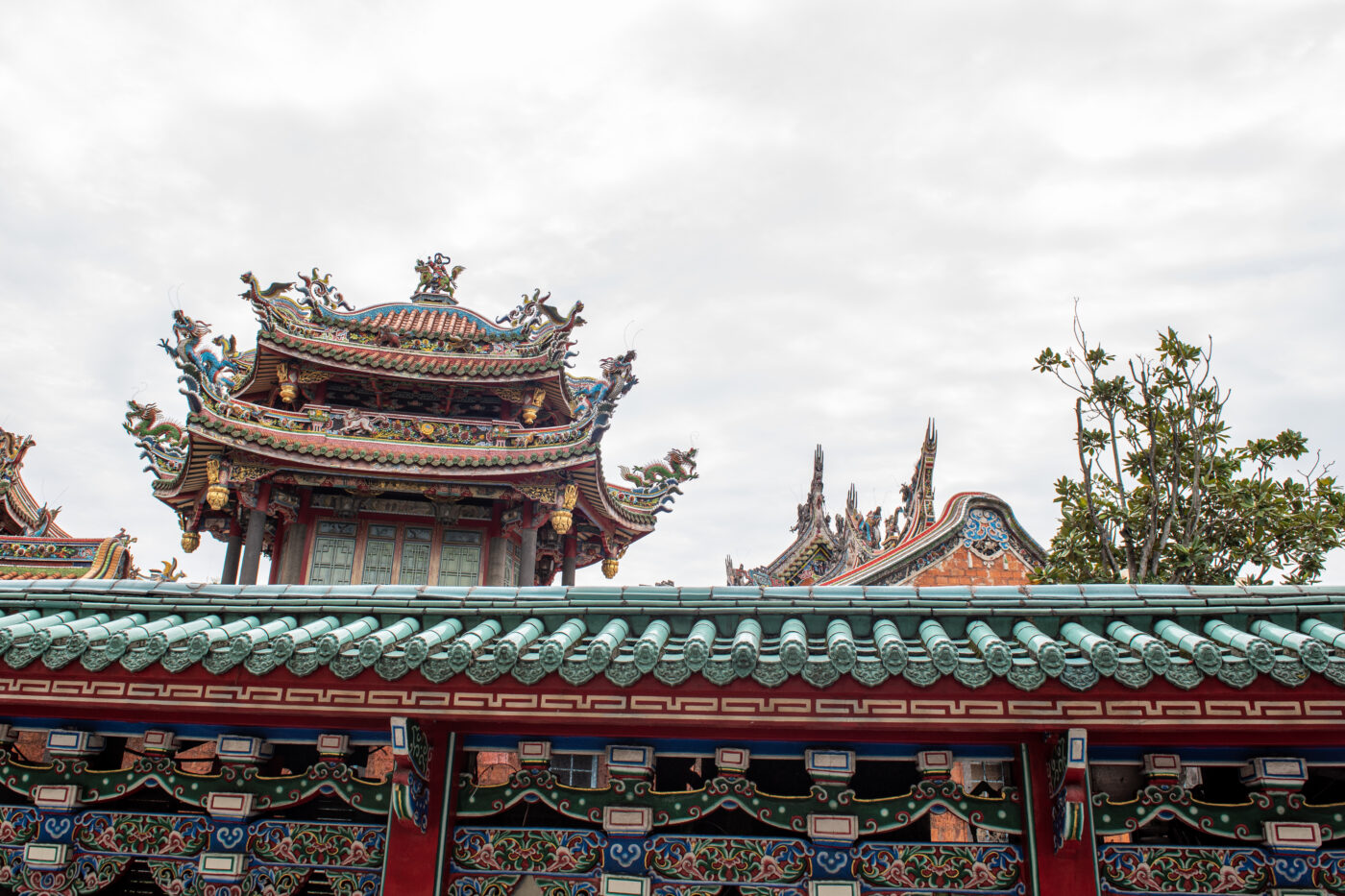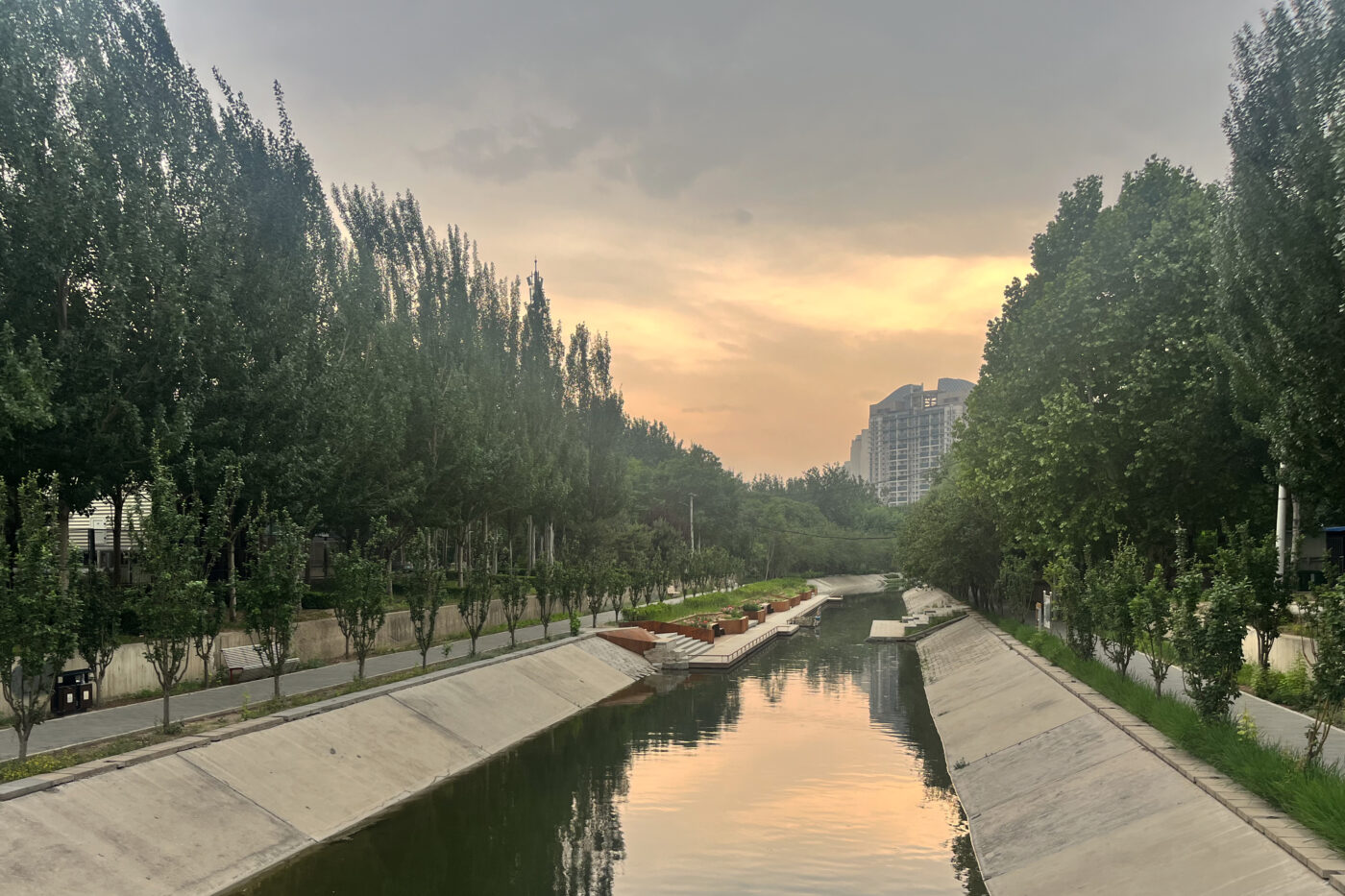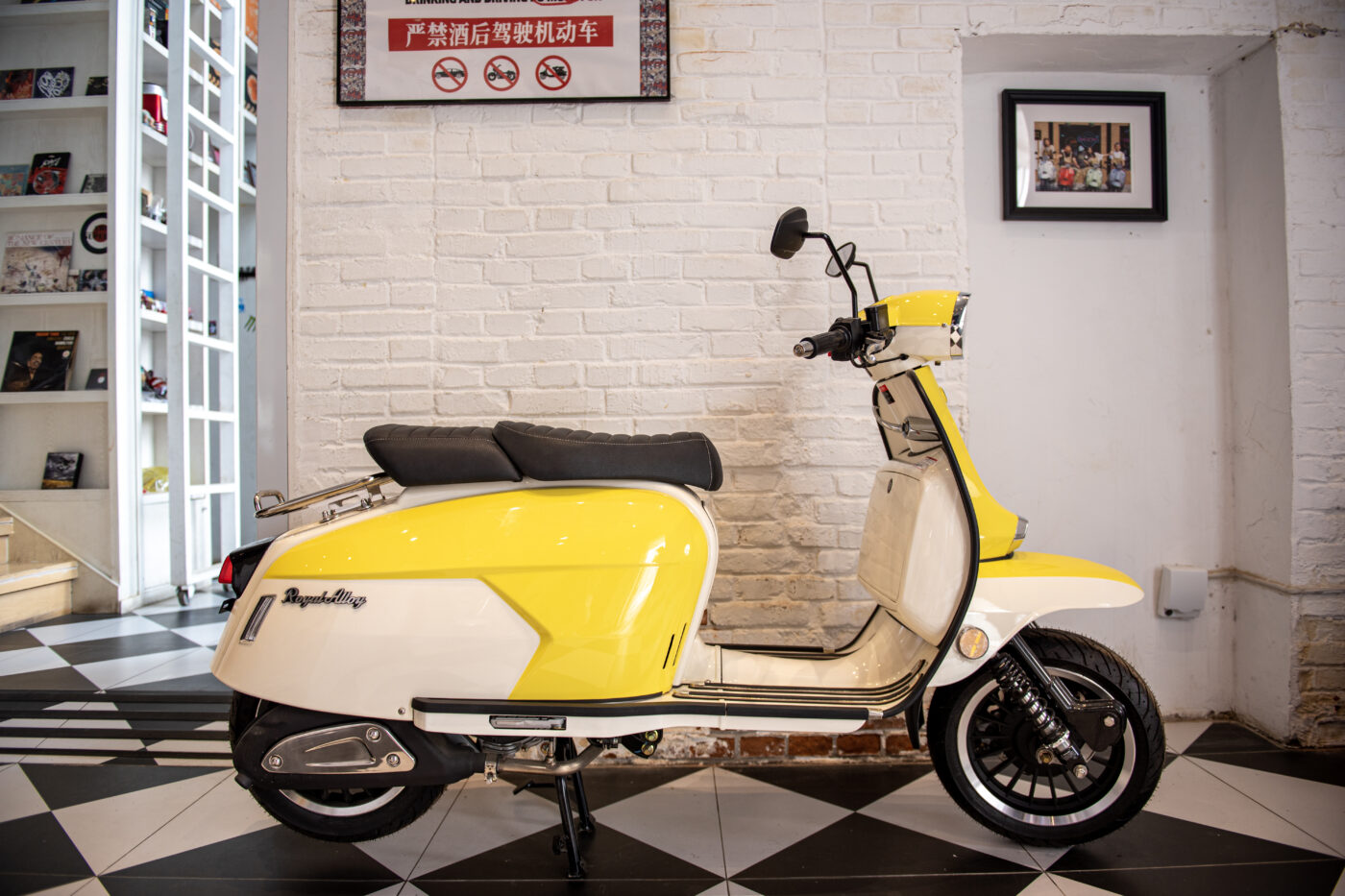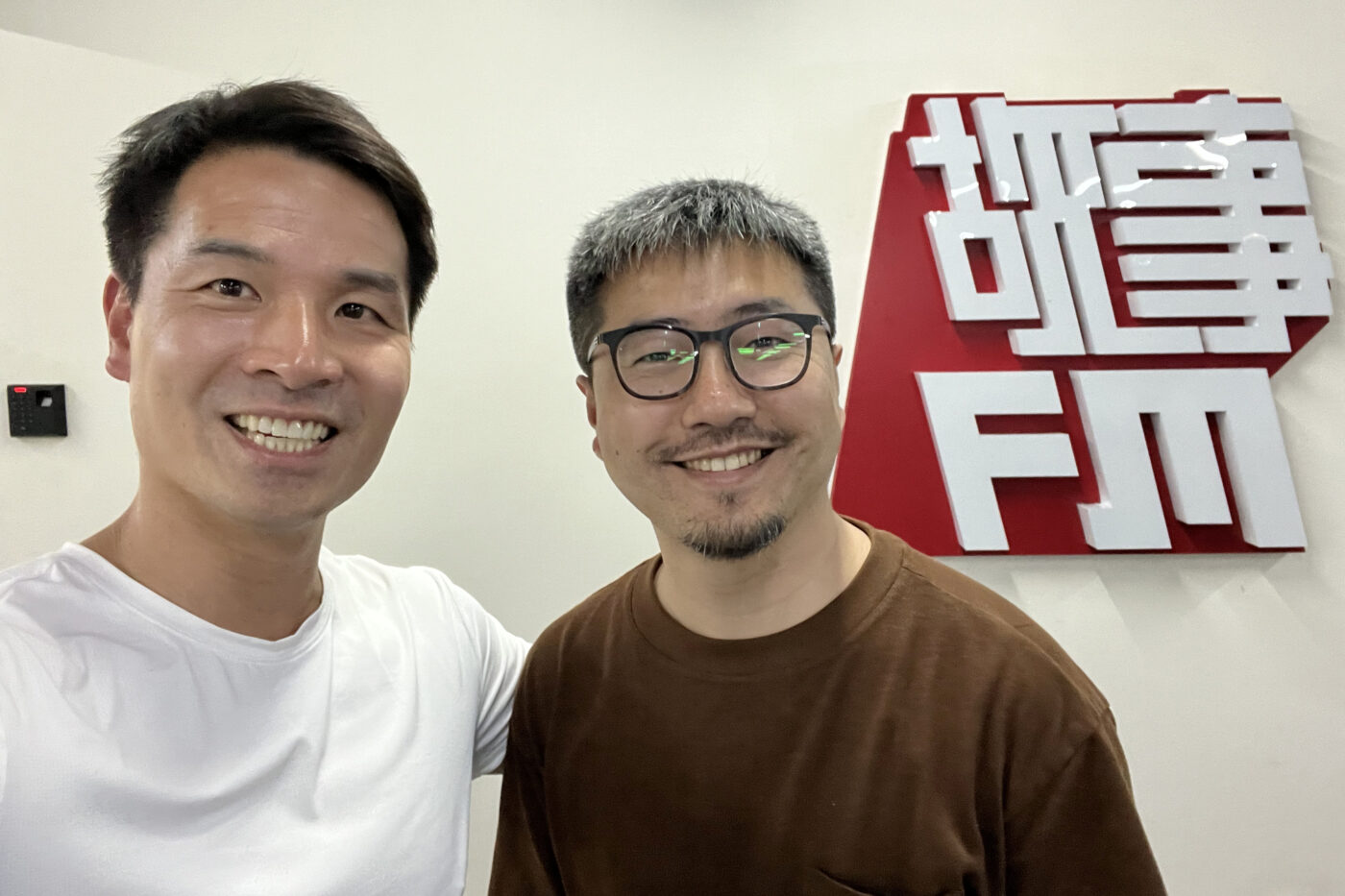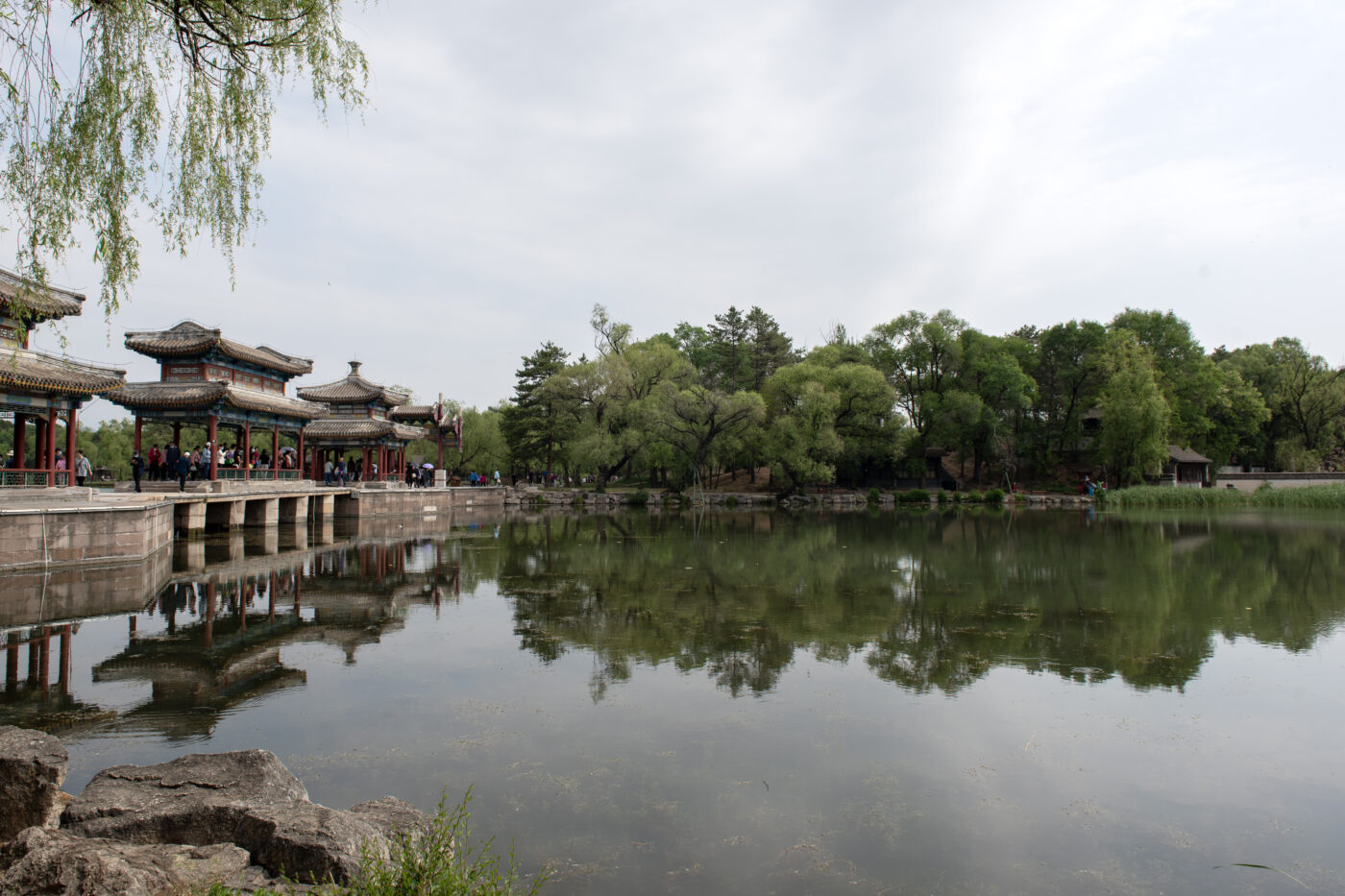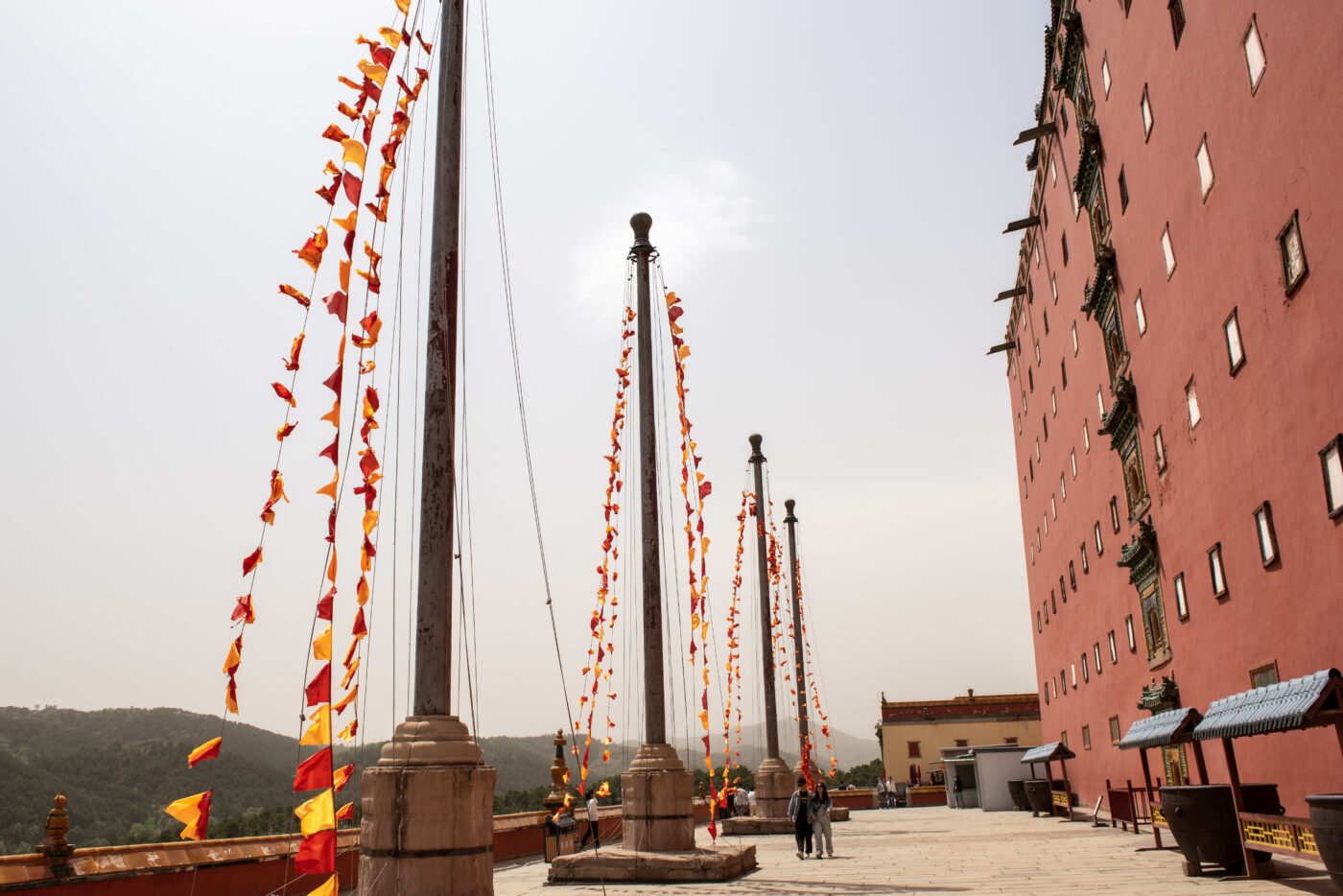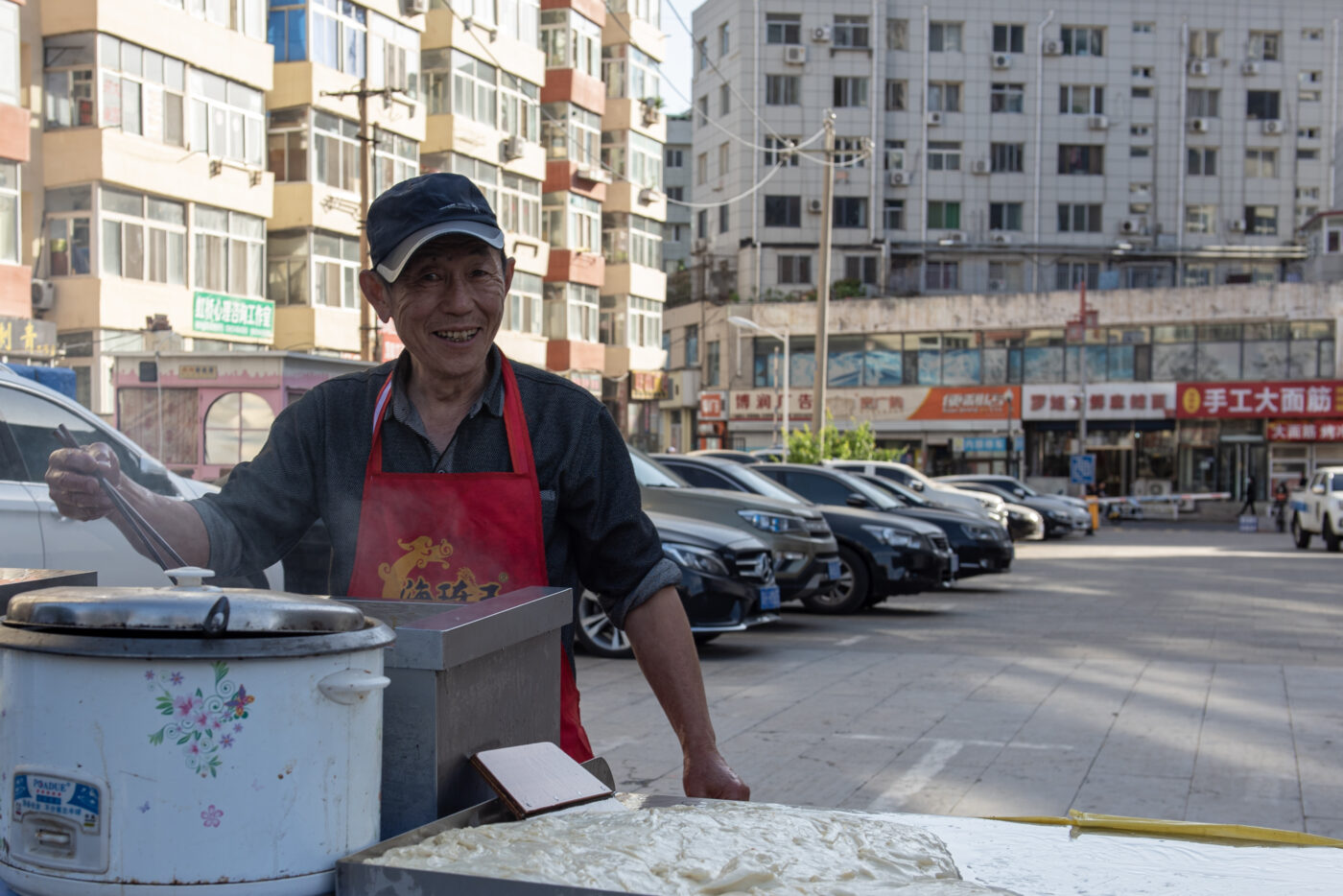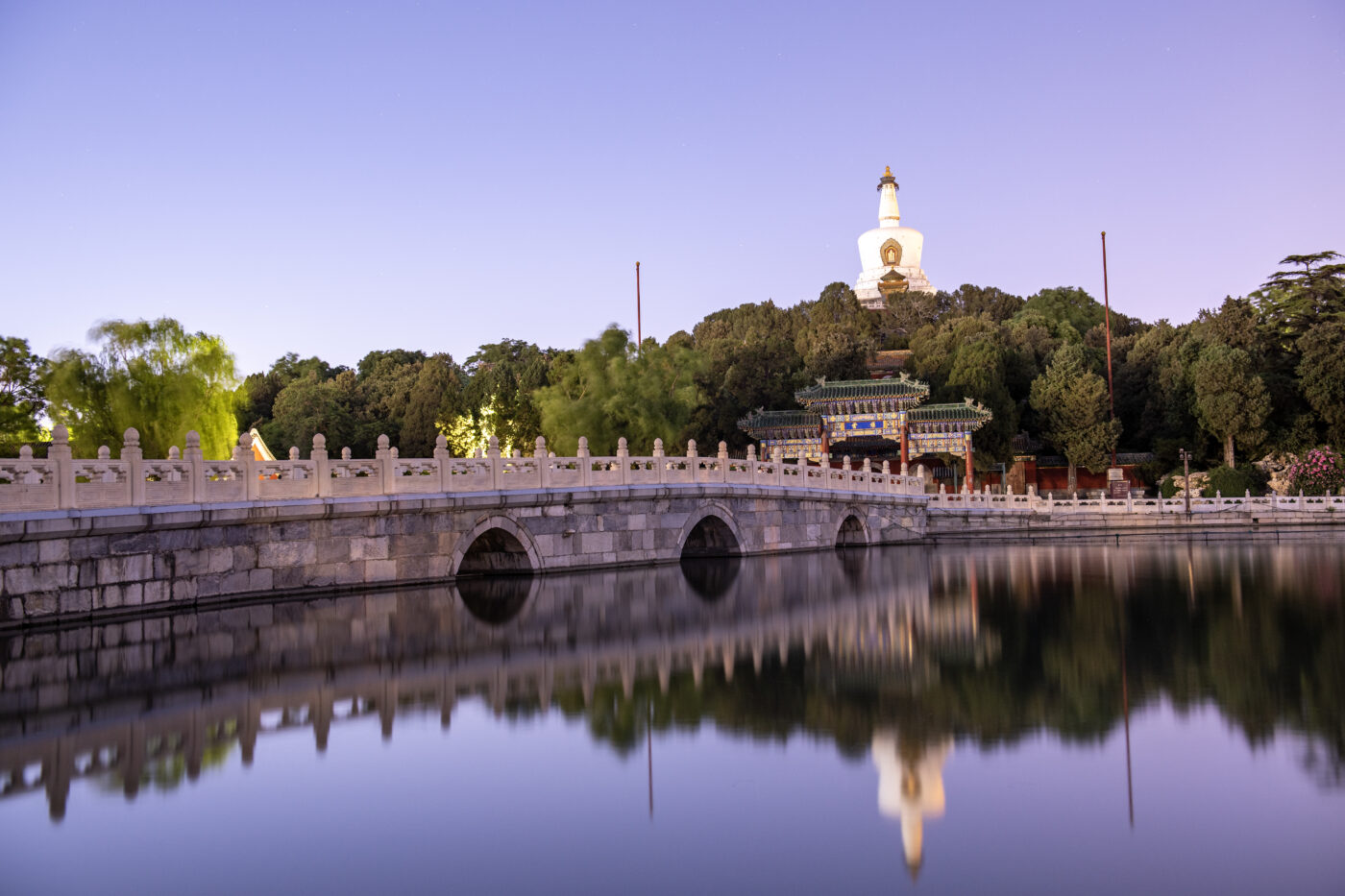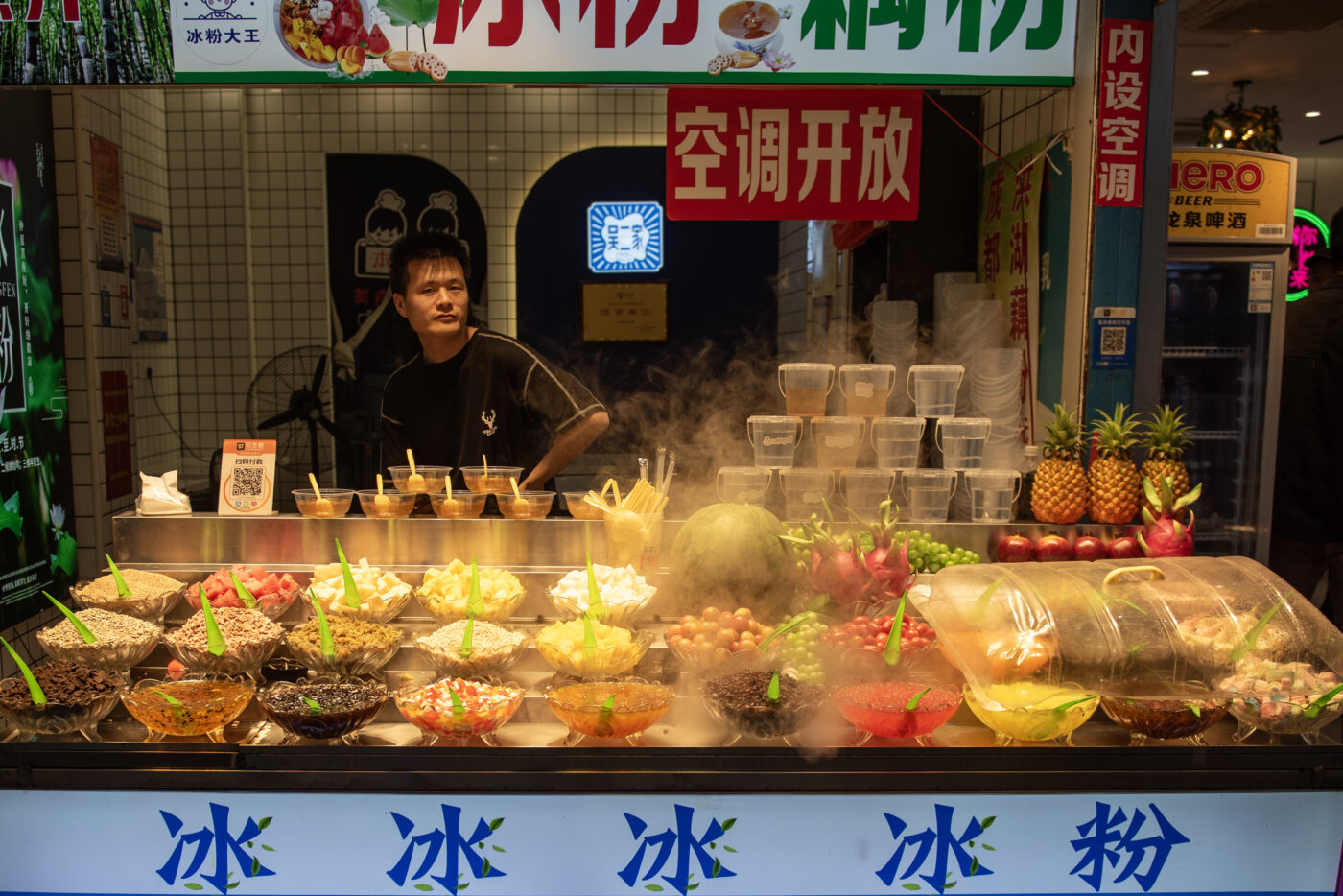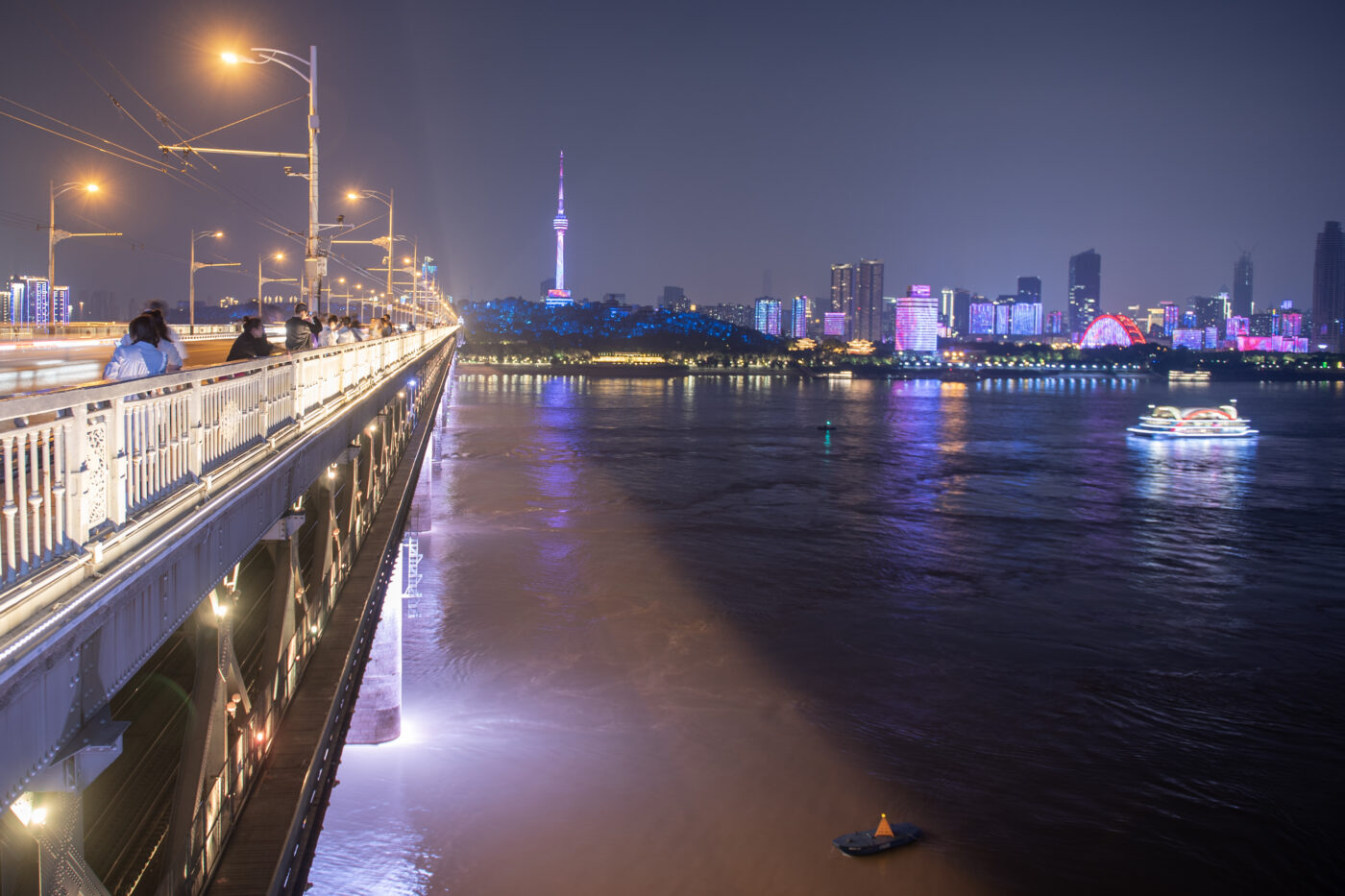I kicked off my six-week Mandarin immersion trip last weekend, finally turning years of study into real conversations. After more than five years of learning Mandarin, I hadn’t had many chances to use it much beyond the classroom. This trip was my chance to change that, starting with a long layover in Taipei.
On my first day in Beijing, I started with a strong cup of coffee to shake off the jet lag. With that small boost, I set out across the city on foot, weaving through busy streets and quiet side roads. One of my first tasks was getting a local SIM card. The process took longer than I expected, but I eventually walked away with mobile data.
I visited Beijing’s 798 Art Zone. I’ve been there before, but after reading more about its history in my Chinese language book, I wanted to see it with fresh eyes. The area was originally built in the 1950s as a military industrial complex, producing electronics in hulking, Bauhaus-style factory buildings. When the factories were eventually decommissioned in the 1980s and 1990s, artists began moving into the abandoned spaces, drawn by the high ceilings, open floor plans, and cheap rent.
I had the pleasure of meeting Kou Aizhe, the producer behind GushiFM, or “Story FM,” one of China’s most popular podcasts. Similar to This American Life, GushiFM shares authentic stories from everyday people across the country.
Chengde, nestled in the mountains about four hours north of Beijing, was once the summer retreat of Qing dynasty emperors looking to escape the capital’s sweltering heat. Its location was no accident. Along with offering cooler temperatures, Chengde sat at a strategic crossroads between Beijing and the empire’s farthest reaches, including Mongolia (now Inner Mongolia), serving both as a military outpost and a political center.
Perched in the hills above Chengde, the Eight Outer Temples form a sweeping arc of monasteries around the city’s Mountain Resort. Built by the Qing emperors in the 18th century, these temples were as much about politics as piety. Each was designed in the style of a different corner of the empire, Tibetan, Mongolian, and Han, creating a living atlas of the dynasty’s vast reach. Together they stood as both spiritual sanctuaries and diplomatic gestures, offering visiting minority leaders a sense of belonging within the Qing world order.
I spent the morning wandering through Chengde’s street market, where squares of purple, yellow, and white steamed cakes cooled on wire racks as shoppers wove past with bags of produce. Unlike the night market, a place for snacks and fun, this one carried a different energy. It was more focused, almost brisk. Fresh vegetables piled high, butchers cut meat to order, fish flipped in shallow tubs. Most items here felt like a daily necessity rather than a treat, which made it all the more ironic that the prettiest thing in sight was dessert.
I left Chengde this morning on a bullet train, my first time riding one in China. It was everything I imagined: efficient, organized, and fast, cruising at nearly 190 mph (300+ km/h). Buying the ticket felt like a small achievement too. I handled the whole thing in Mandarin. It was a big change from my last visit to China in 2010, when I took a train from Beijing to Shanghai and had to pay an English-speaking broker to book me tickets. Five years of language study later, it all feels easy.
Today I took the high-speed rail to Wuhan. As we traveled through the countryside, I kept watching the towns and villages flash by. A dream of mine is to one day motorcycle across China, photographing and talking with people in these small communities to document their way of life. The thought of that adventure stirred in me every time I looked out the train window.
This morning, I explored East Lake in Wuhan. It’s one of the city’s main attractions and also one of the largest freshwater lakes in China. The shoreline stretches for miles, with walking paths that weave through willow trees and pavilions where locals gather to play cards or practice tai chi. Every so often, the trees would open up to reveal sweeping views of the lake, the water shimmering under a pale morning sun. It felt calm and unhurried, a quiet pocket of nature right in the middle of the city.

